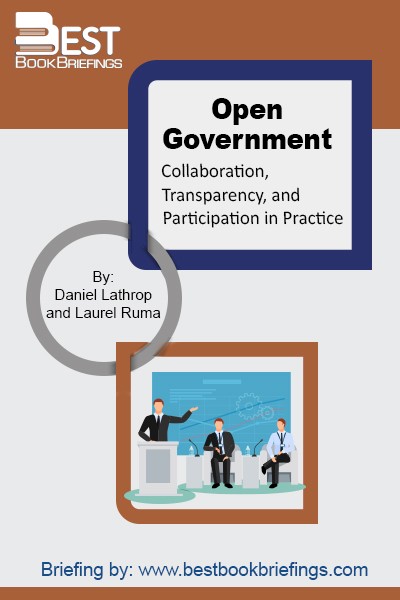Open Government
Collaboration, Transparency, and Participation in Practice
Number of pages: 432
Publisher: O’Reilly Media
BBB Library: Politics and Public Affairs
ISBN: 9780596804350
Editorial Review
Open government is the notion that the people have the right to access the documents and proceedings of government. The idea that the public has a right to scrutinize and participate in government dates at least to the Enlightenment. Its principles are recognized in virtually every democratic country on the planet. But the very meaning of the term continues to evolve. The concept of open government has been influenced—for the better—by the open source software movement, and taken on a greater focus for allowing participation in the procedures of government. Just as open source software allows users to change and contribute to the source code of their software, open government now means government where citizens not only have access to information, documents, and proceedings, but can also become participants in a meaningful way. Open government also means improved communication and operations within the various branches and levels of government. More sharing internally can lead to greater efficiency and accountability.
Book Reviews
Books on Related Topics
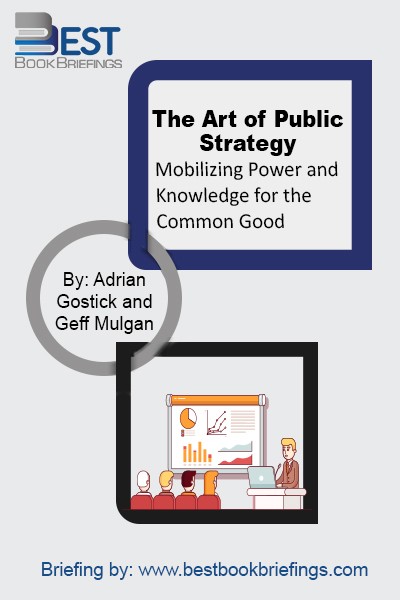
The strategies adopted by governments and public officials can have dramatic effects on people’ live. Packed with examples, and shaped by the author’s practical experience, the book shows that governments which give more weight to the long-term are not only more likely to leave their citizens richer, healthier, and safer; they’re
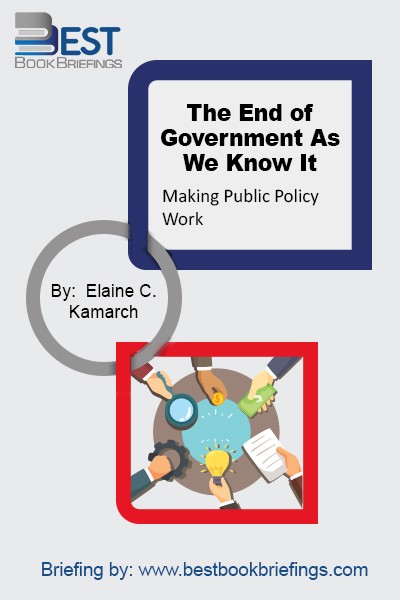
The End of Government examines how bureaucracy can be updated to deal with the quickly evolving demands of the twenty first century, and also uses real-world examples to help us understand how new alternatives can best be applied.
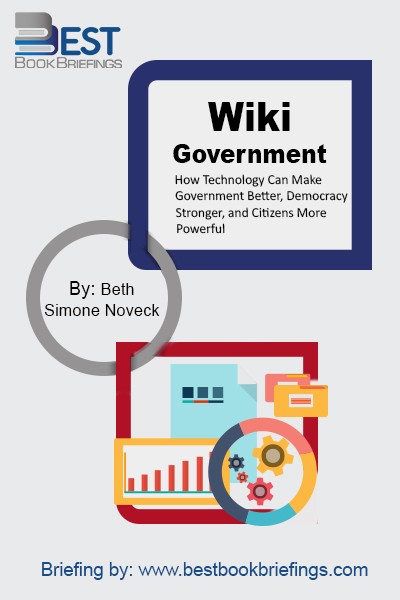
Collaborative democracy—government with the people—is a new vision of governance in the digital age. Wiki Government explains how to translate the vision into reality. Beth Simone Noveck draws on her experience in creating Peer-to-Patent, the federal government's first social networking initiative, to show how technology can connect the expertise of the many
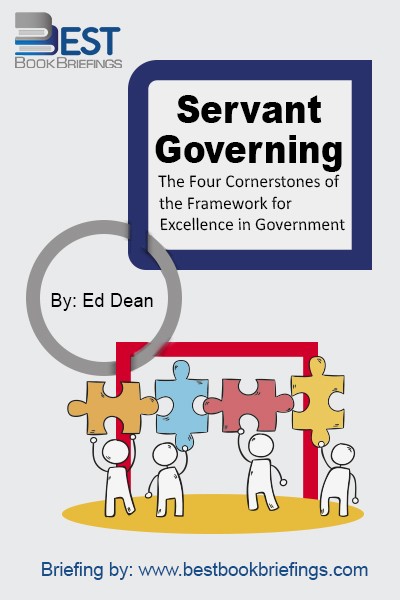
At the Harvard University John F. Kennedy School of Government, students are taught to ask Question “Zero” when considering a new policy, issue or initiative. Question “Zero” is, “What are we trying to accomplish?” What, then, is Servant Governing written to accomplish? The simple answer is that there is a way
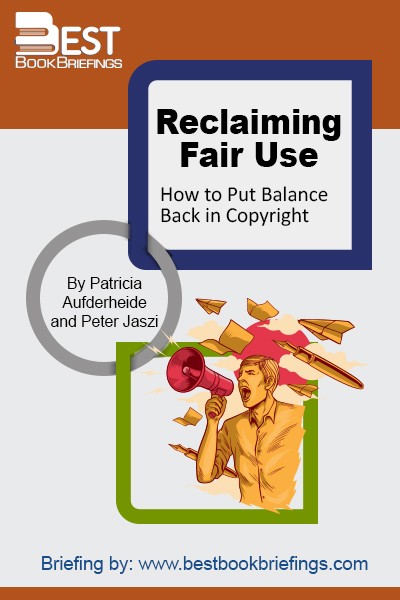
Copyright conversations have become like a battleground between two worldviews. One is that of the mass-media corporations fighting for control of what they understand to be their enclosed garden, generating fruit to be sold on the harvested bushel. They have pushed for and won long and strong copyright – copyright policies

